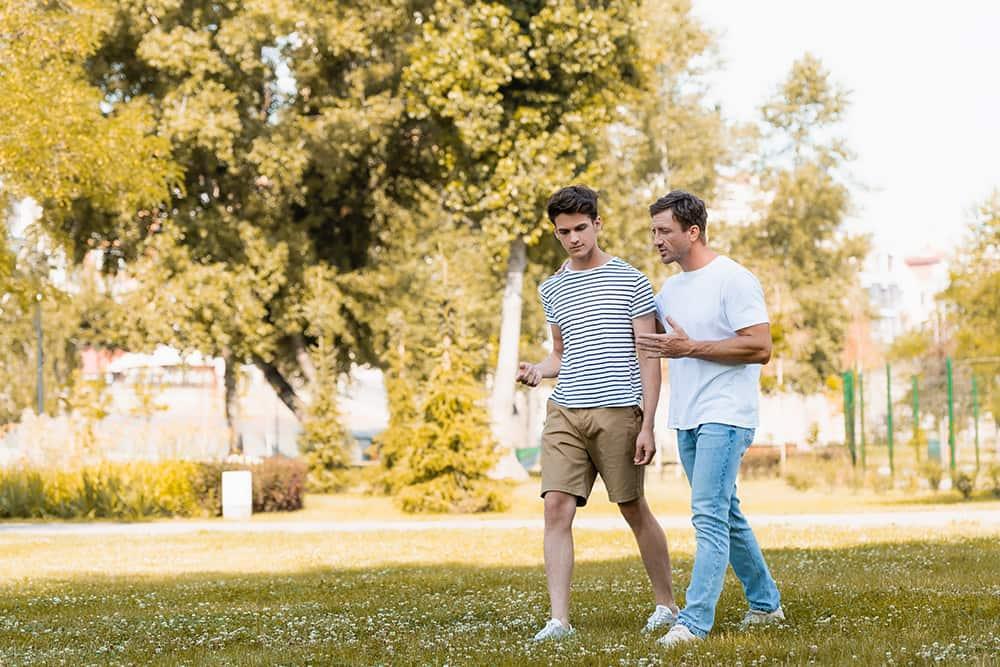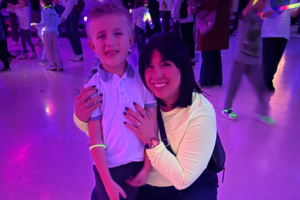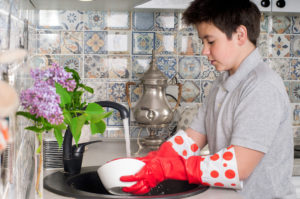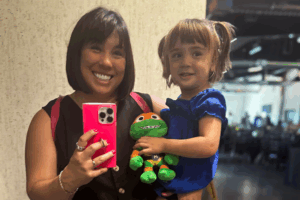Every child deserves to go to school in a safe, warm and loving environment that fosters learning. Every staff member deserves to go to work and not fear for their lives. The images are heart-wrenching, the loss of life incomprehensible. Talking to your children about what they’ve seen or heard may not be easy, but it’s necessary.
Safety Plans for Emergencies at School
Most schools have lockdown drills and lockout drills. Children are practicing for this very reason. Guns in schools should never happen, but it’s becoming more and more of a reality. I have two kids, a 9-year-old and almost 12-year-old. These shootings hit home even in Nebraska. I can’t leave them to figure this out alone. I want to be right there with them having tough conversations about complicated feelings and possible questions.
How to Ask Children About Current Events
It’s common for parents to be nervous for conversations about tragedy. I started by asking an open-ended question, like “How do you feel about this?” or “What questions do you have about that event?”
My son just asked, “Why would anyone kill a child?” I used simple words to explain that some people are cruel but most of the time those people are confused or having mental health issues. Then I sat back and just listened to my children.
I noticed what they were not saying, too. I read their nonverbal body language. My daughter was fidgety and tearful. I just wanted to snuggle her up, love both of them and never let go. My goal was to provide comfort and reassurance by being there.
Ways to Comfort Without White Lies
My husband told me that it’s important not to lie to them. I wanted to tell them that something like this will never happen in Lincoln or in their school, but I couldn’t. It could happen here, so all I could do was validate their feelings of being afraid and reassure them that the drills they are doing are to protect them if something does happen. I emphasized that schools are safe and to take safety practices seriously.
I also told them that if they see something out of the ordinary happening in school to say something. I wanted to make sure they were comfortable reporting potential problems or behaviors that make them feel uncomfortable or unsafe in their school. This could be about gun violence, bullying, or any other at-risk behavior.
Emotional Control & Empowerment Strategies
We worked together on strategies that I hope will help them feel safe and empowered while they process their emotions. Teaching them coping techniques like breathing deeply, taking a timeout, exercising or engaging in creative activities like art and music can be helpful tools to draw upon when they experience triggers related to school shootings. My husband is better at this than I am, but I also tried to model empathy and self-care by practicing what I preached. The goal was to help them gain personal strength so they can face the difficult reality in ways that promote healing rather than cause further harm.
Even with these conversations, I reminded myself that I needed to be patient. Even if they weren’t in that school or that community, they may still be having a significant response to it. I was. There needs to be a change, but for now, I encourage you all to have those difficult conversations and hug your kiddos tight.

Mallory Connelly
Babies & Toddlers









